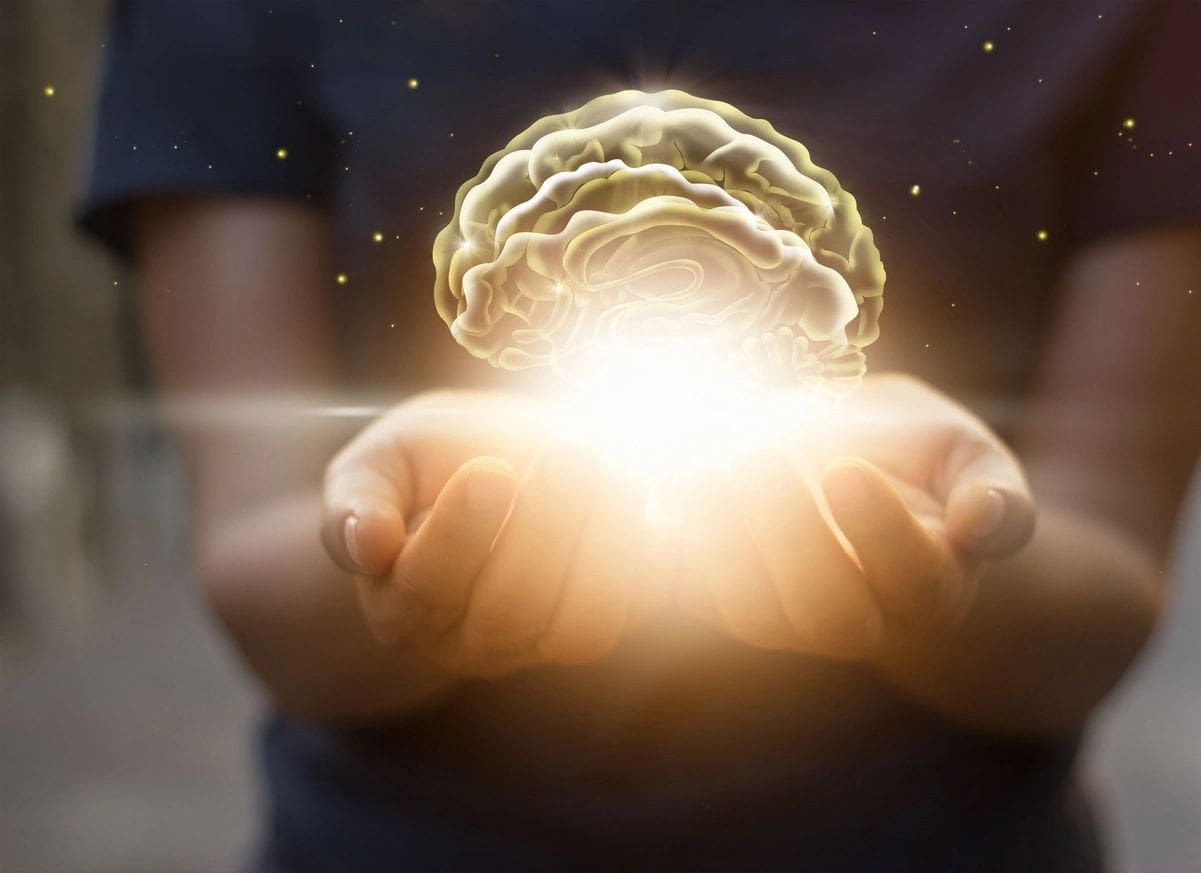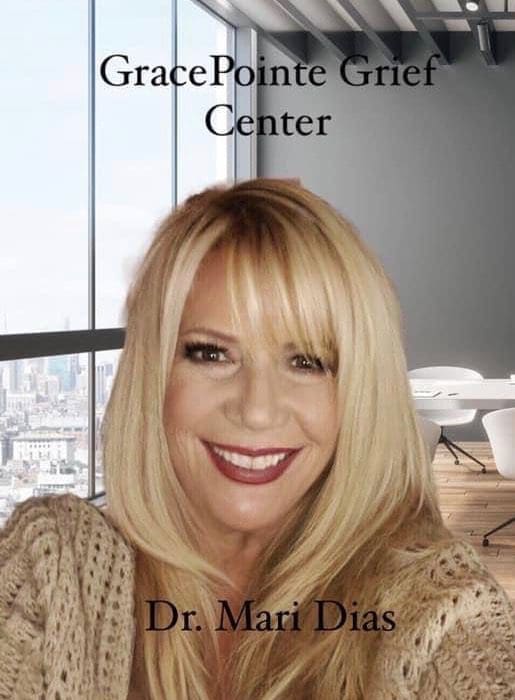Search Posts
Recent Posts
- Rhode Island Weather for May 31, 2025 – Jack Donnelly May 31, 2025
- Burn with Kearns: Fix Your Foundation: Core, Mobility & Joint Health – Kevin Kearns May 31, 2025
- In the News… quick recap of the week’s news (5.31.25) May 31, 2025
- Business Beat: Navigant CU receives prestigious Community Impact Award from NEACH May 31, 2025
- To Do in RI: Taste of Rhode Island. Food, libations, entertainment, auction for Matunuck Oyster Bar May 31, 2025
Categories
Subscribe!
Thanks for subscribing! Please check your email for further instructions.

GriefSpeak: Gratitude, by Mari Dias
By: Mari Dias
“Tell me can you move? Tell me can you move mountains?
Mountains?
That’s just how I feel – like the weight of the world in on my shoulders” (Mountains, from the album “Talk to Me”, Dean Petrella and The Complaints)
The above lyrics reflected my current feelings. Like many in the helping professions, I am heavy with the grief and trauma of my clients. Despite boundaries. Inordinate numbers of death – violent suicides, opioid overdoses, accidental but fatal loss of children, a medical mistake, and of course, COVID. Then there are the secondary and cumulative losses associated with COVID, including loss of shared memories, freedom, human touch and independence.
And yet, I am fraught with guilt and anxiety over this weight. It is Thanksgiving, a time for gratitude and I need to be positive, optimistic for the future, and encourage my clients to walk through the mire of losses and sadness and transition to a strengths-based approach which focuses on the “gifts.”
I need to do the same, in order to genuinely empower my clients by focusing on being thankful for what they have, not on what they do not. There is a timing to this. If the intervention is too early, my approach may sound like a denial of their sorrow, pain and loss. I need to sit with them in their grief, hold space with them; however, eventually, we need to sift through the pain in order to discover the gratefulness buried under the layers of disbelief and sadness. This heaviness was never overwhelming until recently. Sometimes it’s just difficult to be a helper and be human.
Then I read Mike Caparrelli’s Facebook post. His words provided a solution for me. Mike, the author of “Pen Your Pain into Parables” and “The Ox and The Ass” prompted me to remember that I needed to “pen my pain.’ Mike’s post prompted me to create a new narrative, as his words reminded me of my knowledge of evidence-based practice and the therapeutic value of changing the narrative. He reminds us of the positive effects of gratitude on our brains and psychological state. The evidence of the power of gratitude is undeniable, even with those that struggle with anxiety. Mike provides us with both research studies on gratitude-writing (Brown, Wong, 2016 in Caparrelli, 2020) and neuroscience evidence of brain changes noted in MRI scans. Mike continues with providing the distinction that gratitude is “not merely a thankful FOR something, but it is a gratitude that is thankful TO someone” (Caparrelli, 2020). The change in preposition creates a new perspective, a new story. Mike concludes with a suggestion (and now after completing my own gratitude-writing I agree), that “Today, summon to mind all the people whom [we] should give thanks TO.” (2020).
With that said, I am grateful TO my clients for trusting me with their tears and vulnerability, to their strength and trust in opening their raw Achilles heel, knowing that I will hold their pain and help them pen it into a parable, a new way of going forward, a new story.
I am also grateful TO Mike Caparrelli for writing this insightful piece and for reminding all of us that there is always someone to be grateful to.
Happy, Blessed Thanksgiving time to all.
Gratefully,
Mari
_____

Dr. Mari Dias is a nationally board-certified counselor, holds a Fellow in Thanatology and is certified in both grief counseling and complicated grief.
She is Professor of Clinical Mental Health, Master of Science program, Johnson & Wales University. Dias is the director of GracePointe Grief Center, in North Kingstown, RI. For more information, go to: http://gracepointegrief.com/
